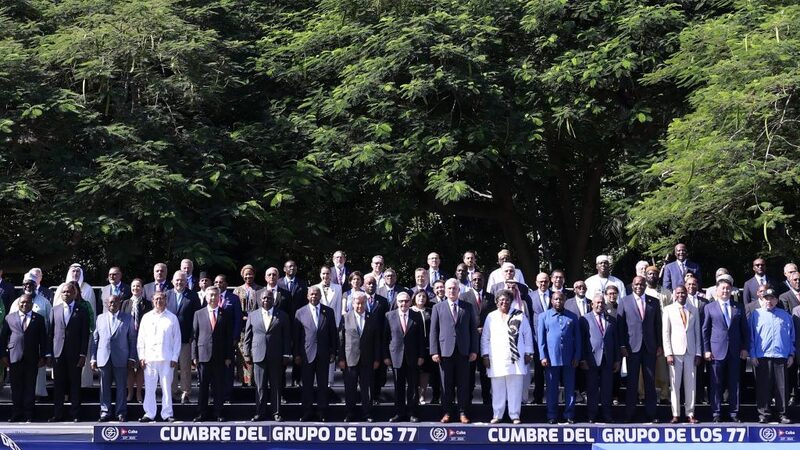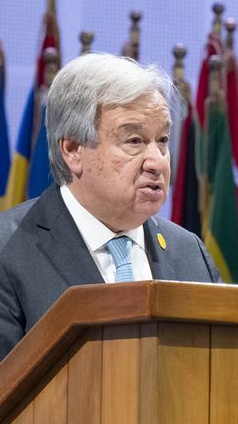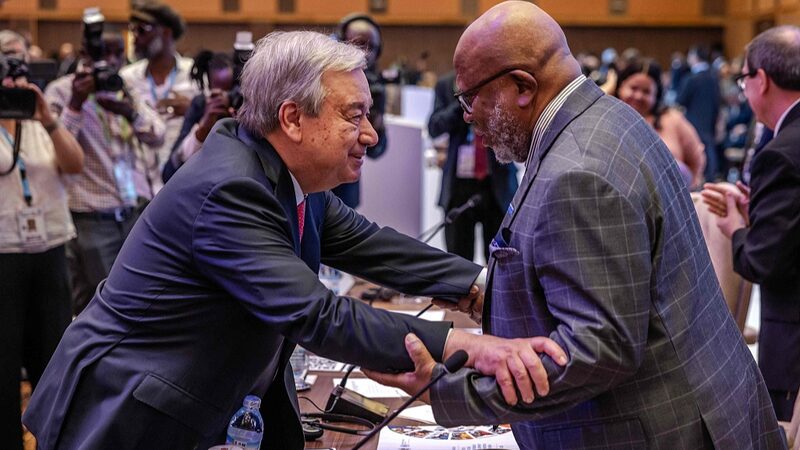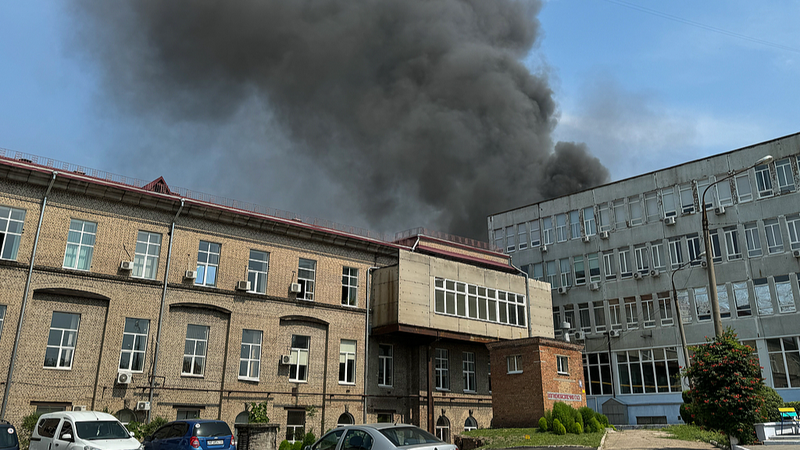The G77+China Summit, opening in Havana on September 15, is shaping up to be a major moment for the Global South. As developing nations step into the geopolitical spotlight, this gathering highlights their growing clout in reshaping global dynamics. 💪
Why the Global South Matters Now
The Global South isn’t just a buzzword—it’s a coalition of nations driving 80% of global economic growth! 🌏 From tech hubs in Asia to renewable energy projects in Africa, these countries are ditching outdated power structures and embracing strategic independence. Case in point: During the Ukraine crisis, many refused to side with Western sanctions against Russia, calling out double standards and pushing for dialogue over division.
China’s Role: More Than Just a Player
China’s Belt and Road Initiative (BRI) has become a blueprint for Global South collaboration, connecting infrastructure, trade, and innovation. Meanwhile, BRICS expansion—backed by Brazil, India, South Africa, and China—is turning the group into a heavyweight bloc. Think of it as the Avengers of emerging economies assembling to balance the scales. 🚀
West Plays Catch-Up 🤝💸
Western nations, scrambling to counter BRI’s success, are rolling out flashy initiatives like the EU’s Global Gateway and the U.S.’s PGII. But can these programs match the Global South’s demand for equality and mutual benefit? Or is it too little, too late? Analysts say the answer lies in whether the West listens instead of lectures.
As the summit unfolds, one thing’s clear: The Global South isn’t asking for a seat at the table—it’s building a new one. 🔥
Reference(s):
cgtn.com







